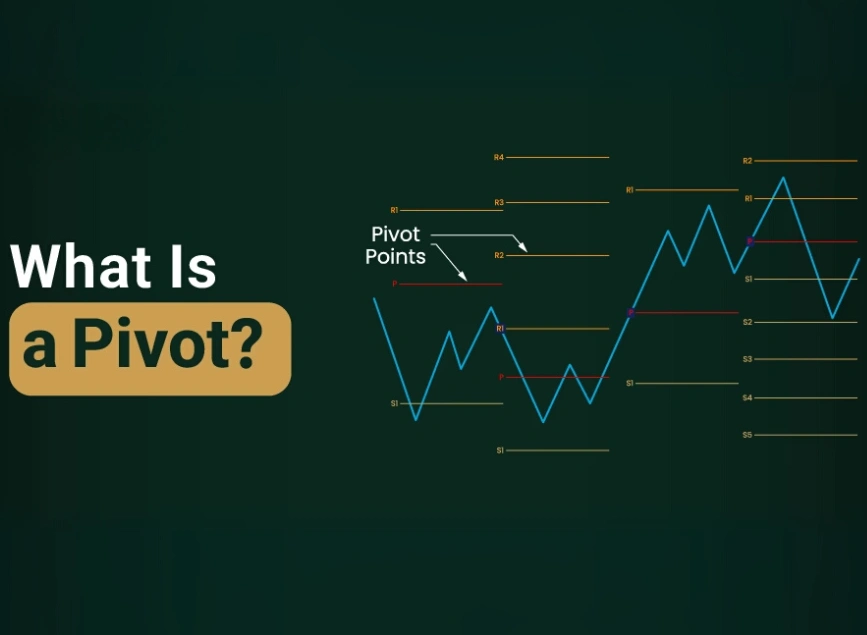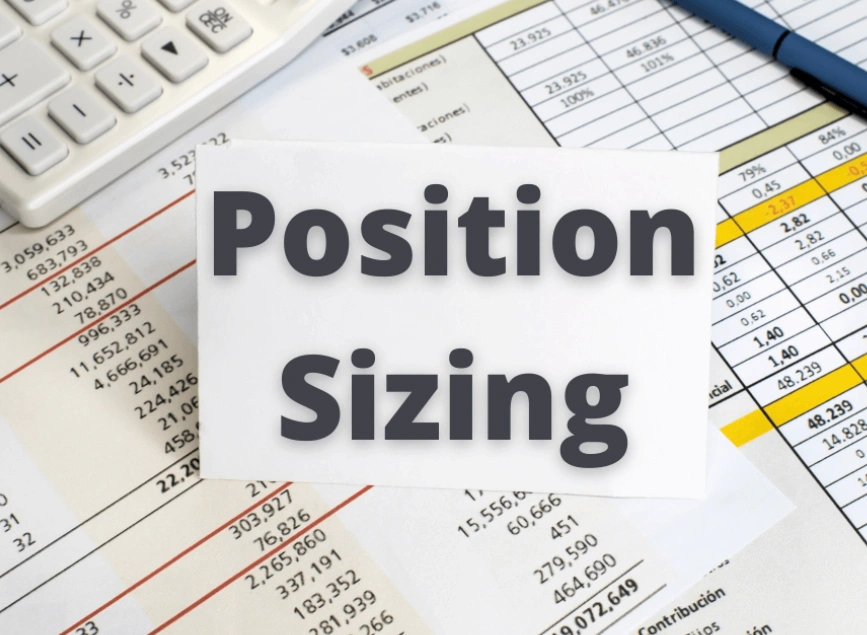
Black Friday and Its Impact on Global Markets and the Economy
Estimated reading time: 7 minutes
Table of contents
- What is Black Friday, and Why is it Important?
- The History and Global Evolution of Black Friday
- The Psychology Behind Black Friday Shopping
- The Economic Impact of Black Friday
- Black Friday’s Role in International Markets
- Challenges and Downsides of Black Friday
- Black Friday as a Market Forecasting Tool
- Smart Investment Strategies for Black Friday
- Conclusion
Black Friday has evolved from a shopping extravaganza into a pivotal economic event that reflects consumer behavior, shapes corporate strategies, and influences global market trends. Beyond the hype of discounts and sales, it serves as a powerful barometer for economic health and financial confidence. In this article, we delve deeper into the origins of Black Friday, its journey toward globalization, and its extensive impacts on economies worldwide.
What is Black Friday, and Why is it Important?
Black Friday, occurring on the last Friday of November, is one of the most significant retail events globally. It follows Thanksgiving Day in the U.S. and marks the unofficial start of the holiday shopping season. Retailers, both brick-and-mortar and online, offer massive discounts to entice millions of shoppers. The event has become synonymous with long lines, midnight store openings, and the excitement of grabbing limited-time deals. Over the years, it has also shifted to online platforms, expanding its reach to a broader audience.
Why Black Friday Matters
The importance of Black Friday goes beyond retail sales. Economists and market analysts view it as a critical indicator of consumer sentiment and spending behavior. A successful Black Friday, marked by robust sales, signals strong consumer confidence and financial health. Conversely, a decline in sales during this period may highlight economic challenges such as reduced disposable income or cautious spending. For retailers, it is a vital opportunity to boost revenues, clear out inventory, and solidify brand loyalty.

The History and Global Evolution of Black Friday
The term “Black Friday” was first coined in Philadelphia during the 1960s. It described the chaotic congestion of traffic and crowds that occurred after Thanksgiving as people began their holiday shopping. Over time, the term adopted a more positive connotation, symbolizing the day when retailers went from operating “in the red” (loss) to “in the black” (profit) due to high sales volumes.
Read More: U.S. Stock Market: A Comprehensive Guide
From National to Global Phenomenon
While Black Friday originated in the United States, the advent of e-commerce transformed it into a global phenomenon. In the 2000s, major online retailers like Amazon expanded Black Friday deals to international markets. Today, countries across Europe, Asia, and Latin America celebrate their versions of the event, often adapting it to local customs. International giants like Alibaba and Apple also leverage the day to increase global sales, demonstrating its universal appeal and economic impact.
The Psychology Behind Black Friday Shopping
Black Friday capitalizes on human psychology, particularly emotions like excitement, urgency, and the fear of missing out (FOMO). Retailers use tactics such as countdown timers, exclusive flash sales, and limited stock announcements to create a sense of urgency. This often leads consumers to make impulsive purchases, even for items they don’t necessarily need. The perception of getting a “good deal” often overrides rational decision-making, resulting in increased spending.
Financial and Emotional Impacts
While the psychological strategies behind Black Friday drive sales, they also have financial implications for consumers. Many shoppers rely on credit cards to fund their purchases, leading to higher debt levels. Emotionally, the rush of scoring a deal can be thrilling, but post-purchase regret is common when consumers realize they’ve overspent or bought unnecessary items. This duality reflects the fine line between consumer confidence and financial strain during Black Friday.
The Economic Impact of Black Friday
Black Friday has a significant and measurable impact on several economic indicators, cementing its importance in global markets.
1. Retail Stock Performance
Retailers such as Amazon, Walmart, and Target often report a surge in sales during Black Friday, which boosts their stock prices. These increases not only benefit the companies but also create profitable opportunities for investors. The retail sector’s performance during this period often sets the tone for year-end market trends.
2. Consumer Confidence
Black Friday sales volumes serve as a direct reflection of consumer confidence. High spending indicates optimism about personal finances and the broader economy. Conversely, lower sales may signal caution among consumers and potential economic slowdowns.
3. Contribution to GDP
The surge in consumer spending during Black Friday significantly contributes to gross domestic product (GDP). Retail sales during this period provide an immediate economic boost, showcasing the critical role of consumerism in driving economic growth.
4. E-commerce Growth
The shift to online shopping has made e-commerce a cornerstone of Black Friday. Platforms like Shopify and Amazon consistently set new sales records, underscoring the increasing reliance on digital retail. This trend also bolsters the technology sector, particularly companies involved in payment processing and logistics.
Black Friday’s Role in International Markets
Black Friday is no longer a localized American event; it has transformed into a global retail and economic phenomenon. Retailers worldwide, from Europe to Asia, participate by offering competitive discounts. Multinational corporations like Alibaba and Apple use the occasion to target international consumers, driving sales across borders. Additionally, Black Friday boosts U.S. exports of consumer goods, positively influencing global trade and economic activity.
Impact on International Stock Markets
The global nature of Black Friday extends to stock markets, where companies participating in the event see increased activity. For instance, European and Asian markets often respond positively to the high sales volumes reported by multinational retailers. This interconnectedness highlights the event’s role in shaping international economic trends.

Challenges and Downsides of Black Friday
The increased demand during Black Friday can create long-term inflationary effects. To meet heightened consumer expectations, companies may gradually raise prices, impacting affordability in the long run.
Rising Consumer Debt
One of the significant downsides of Black Friday is its contribution to rising consumer debt. Many shoppers use credit cards to finance their purchases, often exceeding their repayment capacity. This can lead to financial strain, particularly for low- and middle-income households.
Environmental Concerns
The environmental impact of Black Friday is another pressing issue. The surge in production, packaging, and transportation associated with the event leads to higher greenhouse gas emissions. This increased carbon footprint underscores the need for sustainable practices in the retail industry.
Black Friday as a Market Forecasting Tool
Black Friday sales provide valuable data for economists and investors. High sales figures suggest robust consumer confidence and economic stability, while weak sales may indicate potential recessionary risks. These insights are crucial for businesses and policymakers in planning for future market conditions.
Strategic Importance for Businesses
For businesses, Black Friday is not just a sales event but a testing ground for pricing strategies, marketing campaigns, and inventory management. The insights gained from this period often influence decisions for the upcoming fiscal year, making it a critical part of strategic planning.
Read More: The Smart Investor’s Guide: How to Invest $10,000 Wisely
Smart Investment Strategies for Black Friday
Investors can leverage Black Friday to identify growth opportunities in various sectors:
- Retail Stocks: Companies like Walmart and Target often report higher revenues, making their stocks attractive post-event.
- E-commerce and Payment Platforms: Businesses like Shopify, PayPal, and Square experience significant activity, presenting growth opportunities.
- Logistics and Supply Chain: Companies involved in shipping and delivery services, such as FedEx and UPS, see increased demand, driving profitability.
Conclusion
Black Friday is more than a shopping spree; it’s a vital economic event with far-reaching implications. It serves as a measure of consumer confidence, a driver of market trends, and a tool for predicting economic health. While the event offers immense opportunities for retailers and investors, challenges such as consumer debt, inflationary pressures, and environmental concerns must be addressed.
Ultimately, Black Friday’s role in shaping global markets and economies underscores its significance as a powerful indicator of economic and financial trends. It’s a day that not only defines consumer behavior but also provides a lens through which the health of the global economy can be assessed.
Share
Hot topics

Best Crypto Wallet Trackers for 2025
A few years ago, keeping track of crypto was fairly simple. In 2025, the situation regarding digital assets is vastly different compared to when you initially purchased your coin (which...
Read more




Submit comment
Your email address will not be published. Required fields are marked *